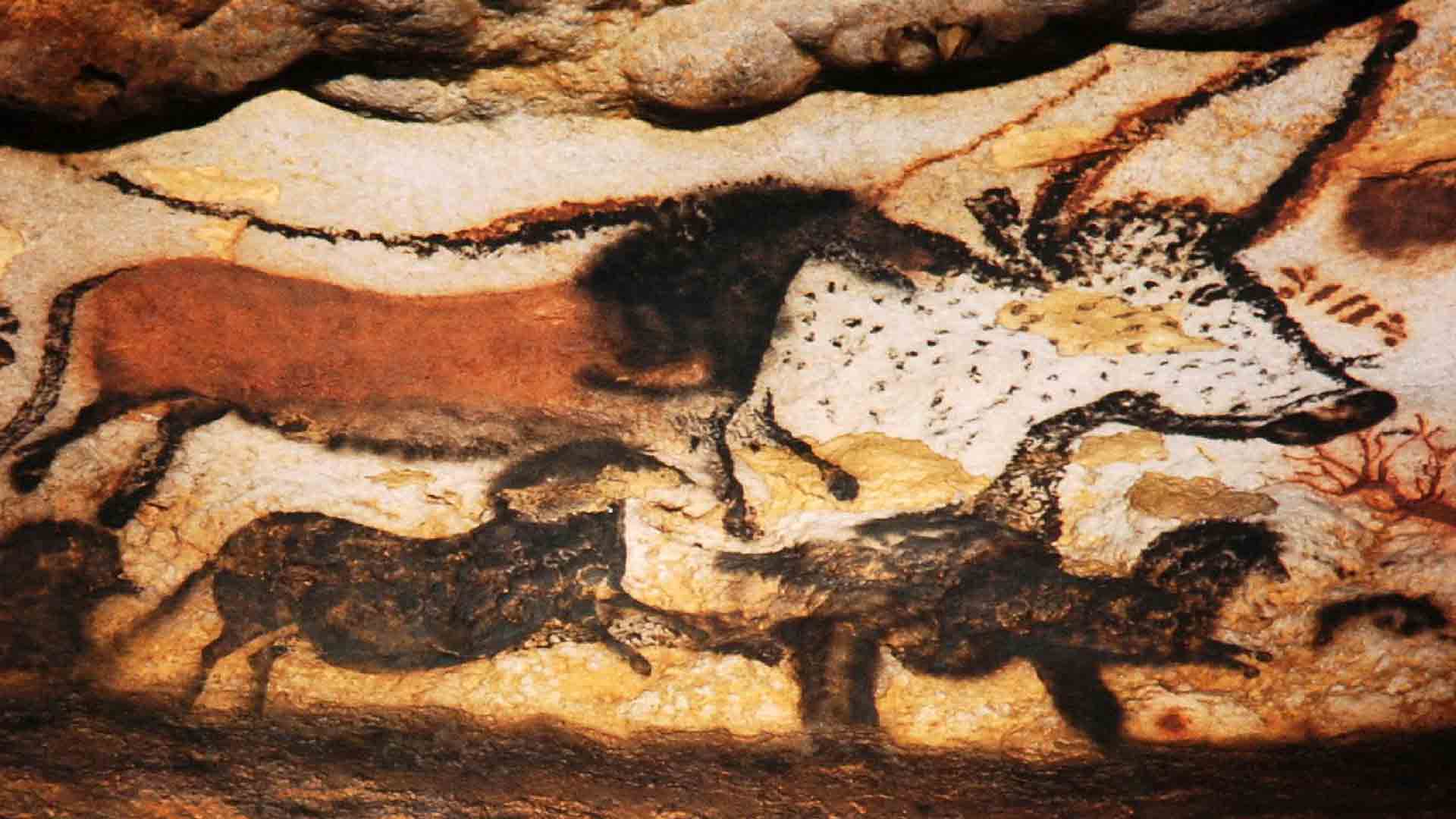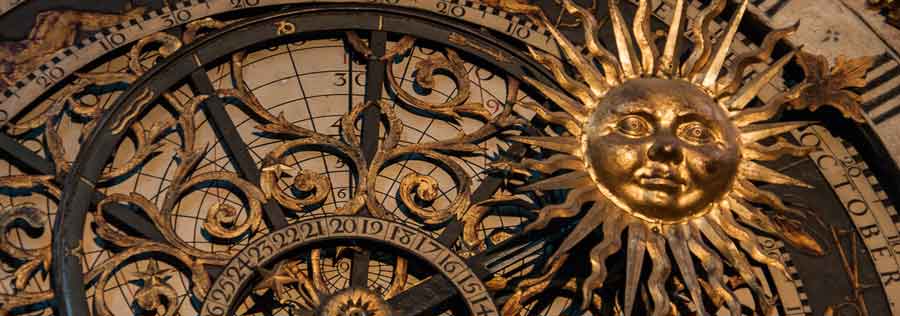
Remember, this is a "broad" exploration with "highlights" of visual art forms and cultural connections, to develop an "appreciation" for the subjects using resources and social media to tell a visual story. Learn about B.C. and B.C.E. See an overview, timescale, maps, virtual tours and the significance of the Paleolithic, Mesolithic and Neolithic periods.

Prehistoric art (before c. 3000 B.C.E.). The term “prehistoric” refers to the time before written history. In the West, writing was invented in ancient Mesopotamia just before 3000 B.C.E., so this period includes visual culture (paintings, sculpture, and architecture) made before that date. The oldest decorative forms we can recognize as art come from Africa and may date back to 100,000 B.C.E. — Khan Academy
The archaeological timescale combines chronological and geographic information about australopith fossils. describing a period of human or protohuman prehistory. Some archaeological timescales are based on relative dating techniques, such as stratigraphy, which illuminate a sequence of change. Others are based on chronometric (absolute) methods such as carbon-14 dating and dendrochronology that derive a specific date from a specific item or sample (as of carbon).
Stone Age, prehistoric cultural stage, or level of human development,
characterized by the creation and use of stone tools.
The Stone Age, whose origin coincides with the discovery of
the oldest known stone tools, which have been dated to
some 3.3 million years ago,
is usually divided into three separate periods
based on the degree of sophistication
in the fashioning and use of tools.
—![]() Britannica.com
Britannica.com
Khan Academy: Paleolithic Art (Introduction) │ The oldest art: ornamentation - Humans make art. We do this for many reasons and with whatever technologies are available to us. Extremely old, non-representational ornamentation has been found across Africa. The oldest firmly-dated example is a collection of 82,000 year old Nassarius snail shells found in Morocco that are pierced and covered with red ochre The images found at Lascaux and Altamira are more recent, dating to approximately 15,000 B.C.E. The paintings at Pech Merle date to both 25,000 and 15,000 B.C.E.
Prehistoric (Portables) The earliest undisputed examples of sculpture belong to the Aurignacian culture, which was located in Europe and southwest Asia and active at the beginning of the Upper Paleolithic Period. As well as producing some of the earliest known cave art (stationary), the people of this culture developed finely-crafted stone tools, manufacturing pendants, bracelets, ivory beads, and bone-flutes, as well as three-dimensional figurines (as seen below). Wikipedia
Second Moment of Creation: BBC Civilisations S1 Ep:1/9
This astonishing work of art is believed to be around 40,000 years old. He stands just 31cm tall, with the head of lion on a human body... –Google Arts and Culture
Video: Cave Art 101 National Geographic
From human hands to now-extinct animals, cave art gives us a glimpse into prehistoric life. Who created cave art, and what was its initial purpose? Explore the paintings of Chauvet-Pont d'Arc and Lascaux Grotto, and learn what prehistoric art can tell us about our world thousands of years ago. —National Geographic. Intro and video cover images are ceiling details in the caves of Lascaux, c.17,000 years ago during the Paleolithic Period in southwestern France.
Mesolithic, ancient cultural stage that existed between
the Paleolithic (Old Stone Age), with its chipped stone tools,
and the Neolithic (New Stone Age), with its polished stone tools.
Most often used to describe archaeological assemblages from
the Eastern Hemisphere, the Mesolithic is broadly analogous
to the Archaic culture of the Western Hemisphere.
Mesolithic material culture is characterized by
greater innovation and diversity than is found in the Paleolithic.
Among the new forms of chipped stone tools were microliths,
very small stone tools intended for mounting together on a shaft
to produce a serrated edge.—![]() Britannica.com
Britannica.com
Video: Cave Art 101 | National Geographic
The Neolithic revolution, one of the most profound developments in all of human history, occurs during the Prehistoric Era. This is when our ancestors learned to farm and domesticate animals, allowing them to give up their nomadic ways, and settle down to build cities and civilizations. — Khan Academy
Video: Naked Science - Who Built Stonehenge?
Stonehenge, England's most mysterious ancient monument, on a site older than the Pyramids of Ancient Egypt. 85 massive stones, some weighing more than 40 tonnes, stand guard on a remote and wind-swept plain. —Naked Science

Below, is a small sample of
information links
coordinated with
video playlists.
Each link and video thumbnail takes you to the category on the Resource page.
Once there, activate the links.
Resources
Stone Age │ Bronze Age │ Iron Age │ Mesopotamian Art │ Egyptian Art │ Greek Art │ Roman Art │ Mesoamerican Art │ Ancient Architecture
The Metropolitan Museum Heilbrunn Timeline of Art History
Creative Commons Public Domain
0 1.0 Universal 0 1.0) License